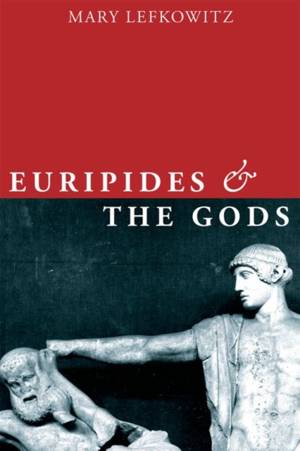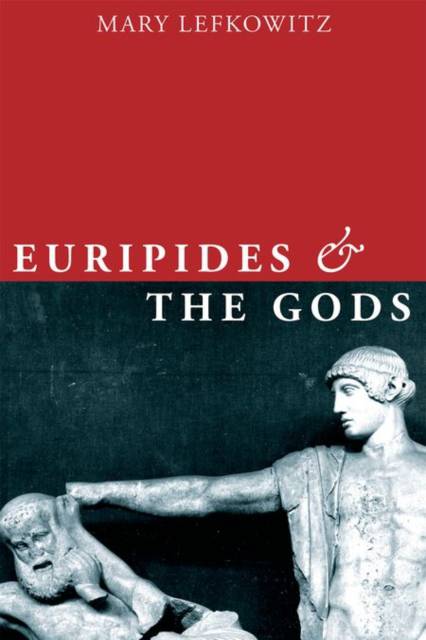
- Retrait gratuit dans votre magasin Club
- 7.000.000 titres dans notre catalogue
- Payer en toute sécurité
- Toujours un magasin près de chez vous
- Retrait gratuit dans votre magasin Club
- 7.000.000 titres dans notre catalogue
- Payer en toute sécurité
- Toujours un magasin près de chez vous
84,95 €
+ 169 points
Format
Description
Modern readers find it hard to come to terms with the gods in Euripides' dramas. Readers try to dismiss them as a literary convention. Stage productions leave them out, especially in the cases when they appear ex machina. Instead, they place disproportionate emphasis on the harsh criticisms of the gods uttered by some of the characters in the dramas, and have sought to interpret Euripides ironically, viewing his portrayal of the cruel and capricious gods as a means of drawing attention to the deficiencies of ancient Greek religion. In their view Euripides' dramas seek to question the nature and sometimes even the very existence of traditional Greek gods. In Euripides and the Gods, classicist Mary Lefkowitz sets out to show that the tragedian is not undermining ancient religion, but rather describing with a brutal realism what the gods are like, impressing upon his mortal audience the limitations of human understanding. Writing the first extended treatment of these issues for a general audience, Lefkowitz provides a book that deals with all of Euripides' dramas, and argues for a more tolerant and nuanced understanding of ancient Greek religion. Euripides, like Homer, is making a statement about the nature of the world and human life, terrifying but accurate. She explains how the idea that Euripides was an atheist derives from ancient biographies that drew their evidence from comic poets, and shows why the doubts about the gods expressed by his characters must be understood in their dramatic context. Euripides and the Gods offers a compelling invitation to return to the dramatic masterpieces of Euripides with fresh eyes.
Spécifications
Parties prenantes
- Auteur(s) :
- Editeur:
Contenu
- Nombre de pages :
- 318
- Langue:
- Anglais
- Collection :
Caractéristiques
- EAN:
- 9780199752058
- Date de parution :
- 30-12-15
- Format:
- Livre relié
- Format numérique:
- Genaaid
- Dimensions :
- 213 mm x 150 mm
- Poids :
- 476 g







